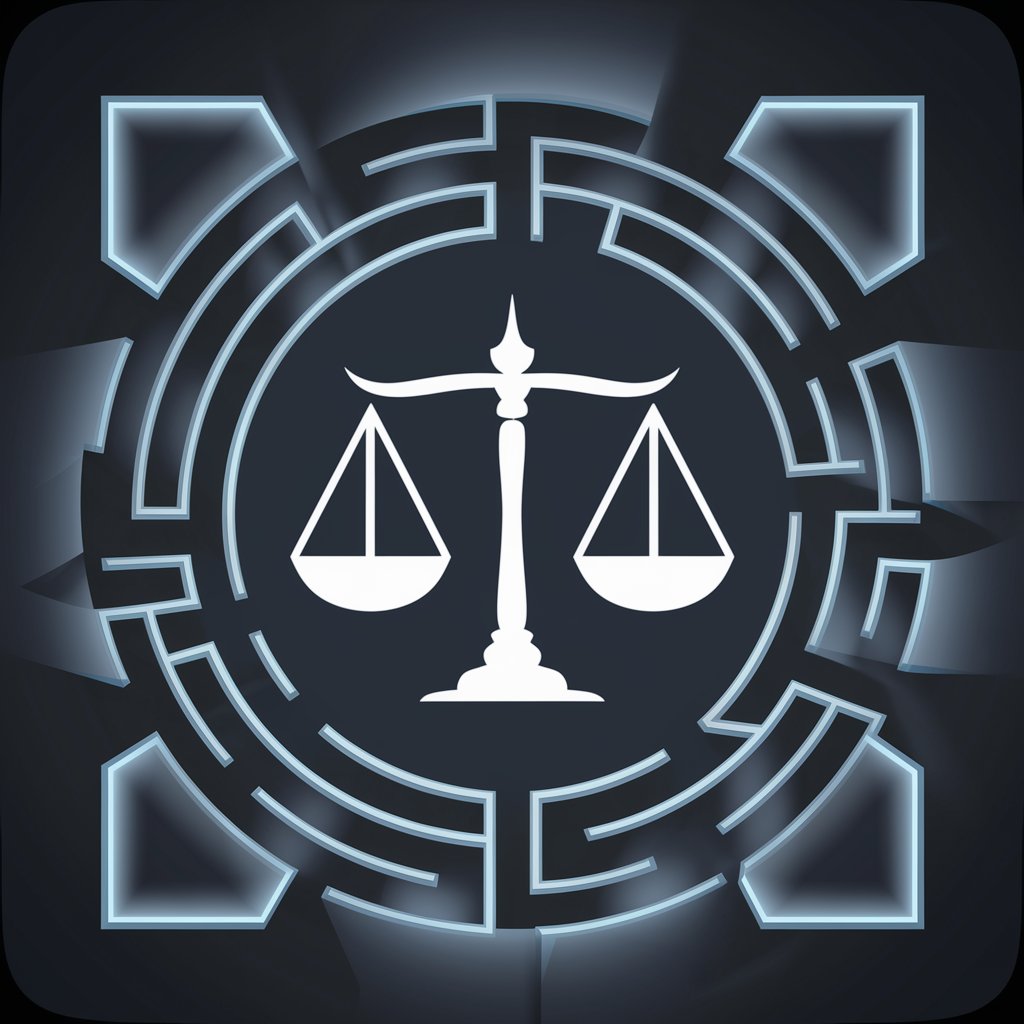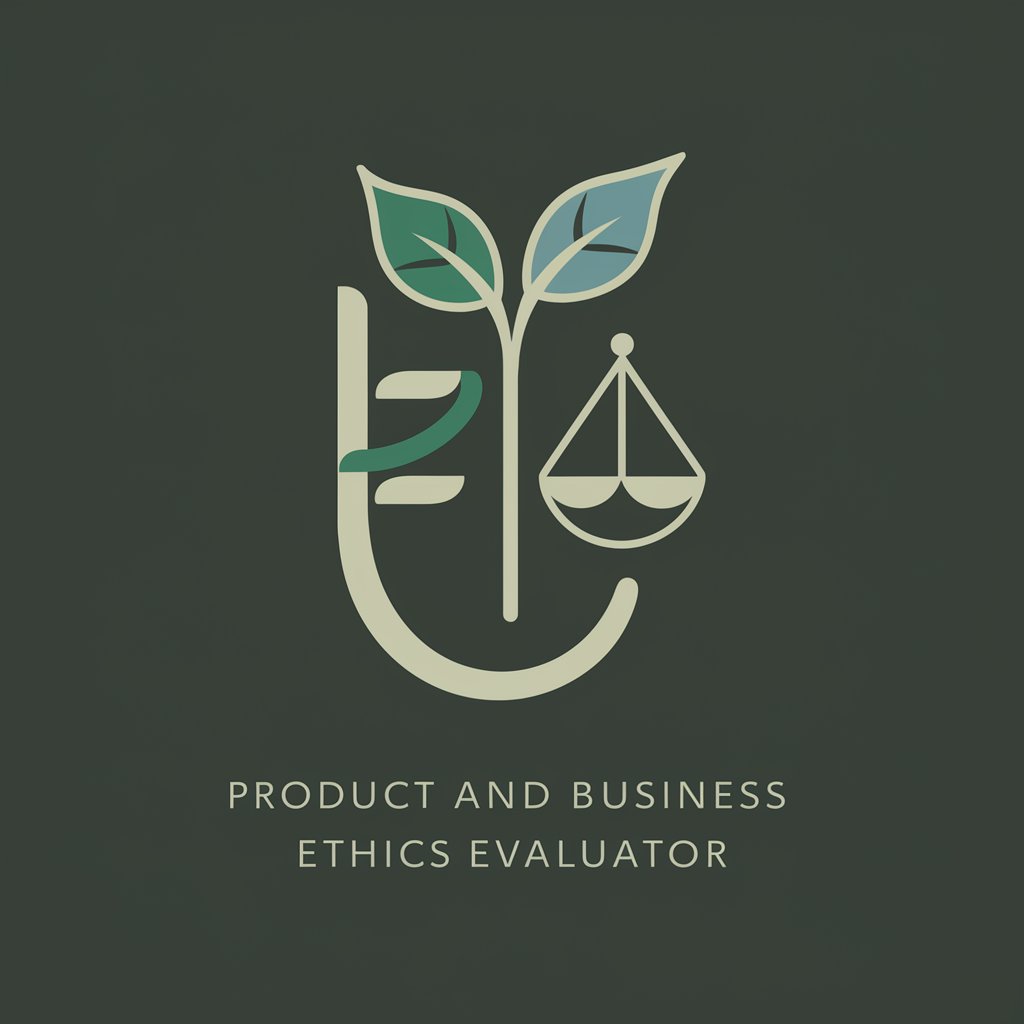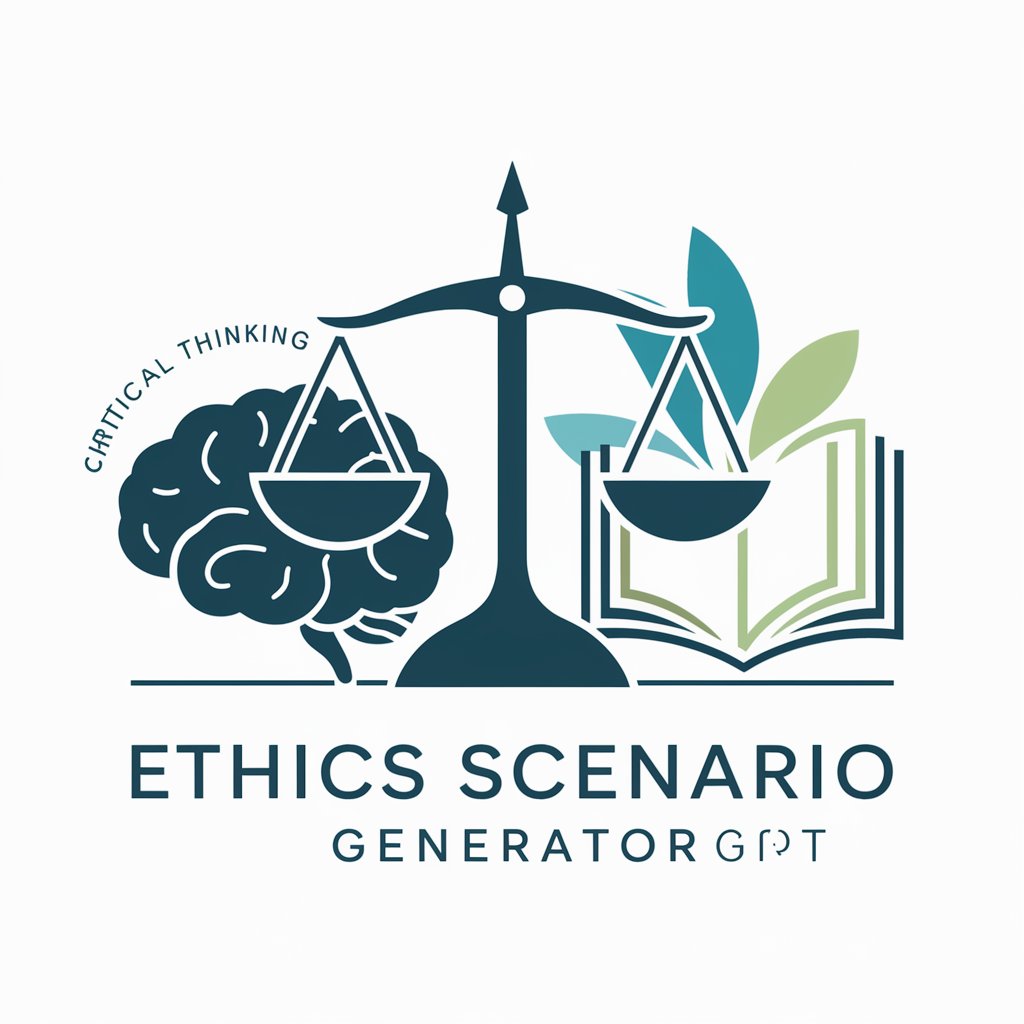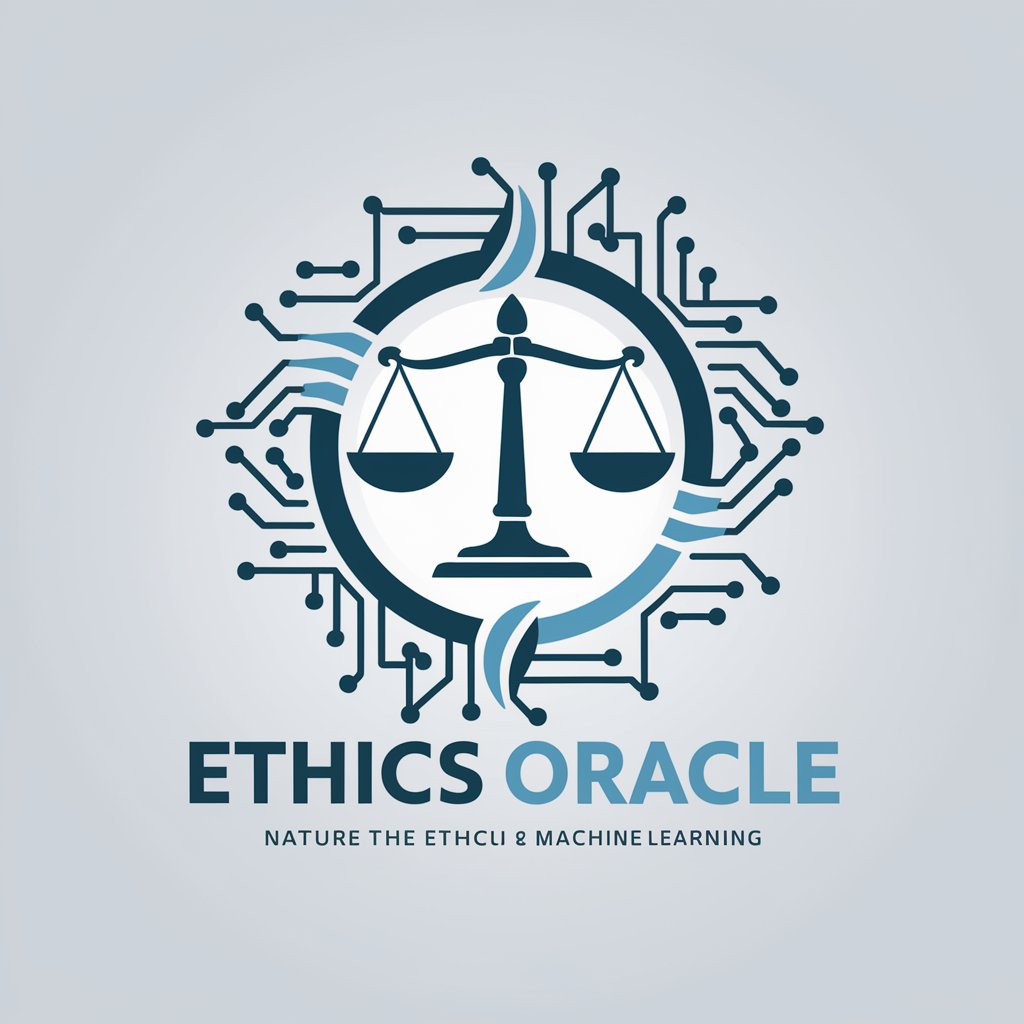
Ethical Stress Tester - Ethical Impact Analysis Tool
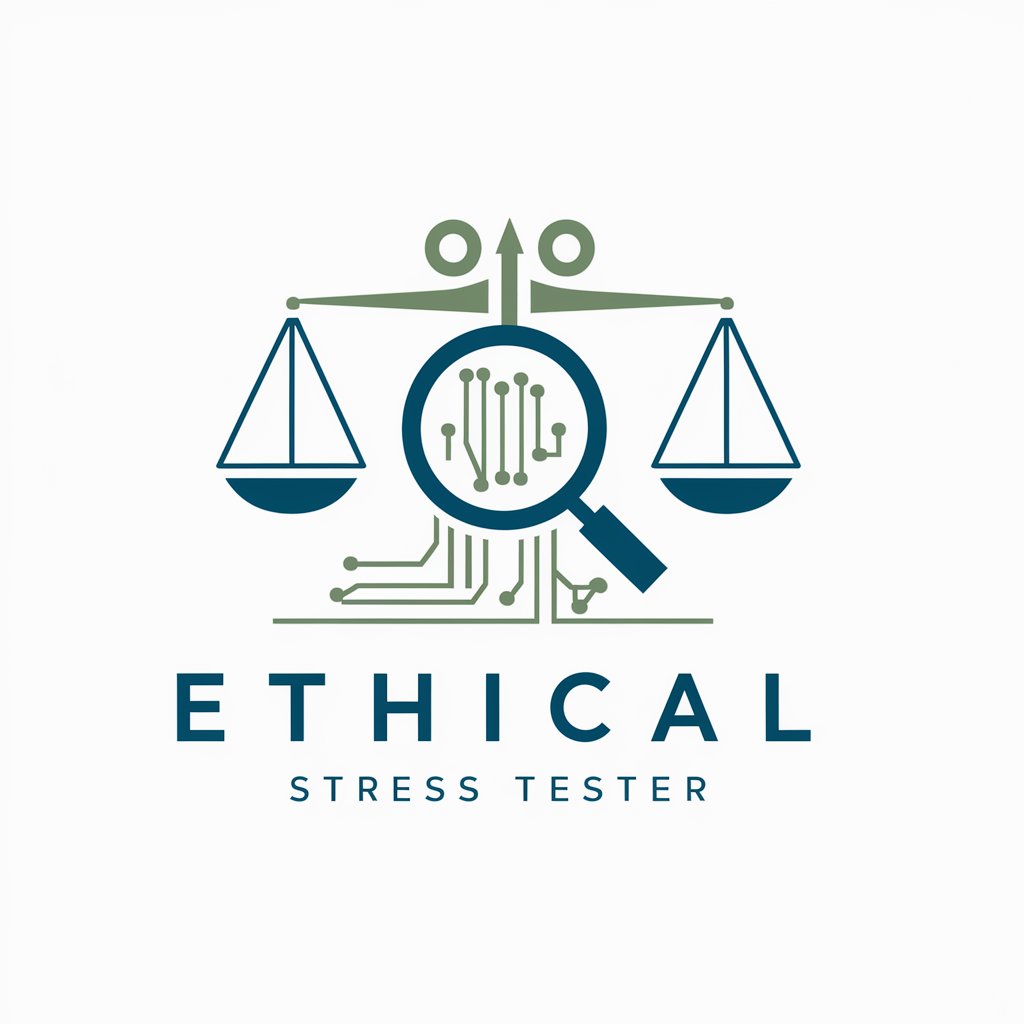
Hi there, let's dive into ethical tech!
Assess Technology Ethics AI-Powered
Explore the potential ethical implications of...
Evaluate the first-order effects of implementing...
Analyze the second-order consequences of adopting...
Discuss the third-order impacts of integrating...
Get Embed Code
Introduction to Ethical Stress Tester
Ethical Stress Tester is designed as a comprehensive tool to help evaluate the ethical implications of technology products and business strategies. It meticulously analyzes impacts across different stakeholder groups, considering immediate and long-term effects. This tool is rooted in principles such as non-instrumentalism, self-determination, and net benefit to ensure that technology serves the broader good without compromising individual autonomy or social equity. For example, it might evaluate a new social media algorithm to predict potential issues like echo chambers or privacy breaches and suggest modifications to enhance user autonomy and data protection. Powered by ChatGPT-4o。

Main Functions of Ethical Stress Tester
First-Order Effect Analysis
Example
Identifying direct impacts of a new facial recognition technology, such as privacy concerns for users and potential surveillance.
Scenario
Used when a company plans to implement facial recognition to enhance security but needs to understand privacy implications.
Second-Order Effect Analysis
Example
Evaluating how increased surveillance might alter public behavior or trust in the entity using the technology.
Scenario
Helpful for assessing long-term social trust and behavior changes due to the introduction of surveillance technologies.
Third-Order Effect Analysis
Example
Exploring deeper societal changes, such as shifts in public norms about privacy or potential legislation changes prompted by the technology.
Scenario
Critical for policymakers and tech leaders to anticipate far-reaching consequences that might not be immediately obvious.
Ideal Users of Ethical Stress Tester Services
Technology Developers
Developers can use the Ethical Stress Tester to pre-emptively assess the ethical implications of their products, ensuring that they align with societal values and avoid unintended negative impacts.
Policy Makers
Policymakers can employ this tool to understand the potential effects of new technologies on legislation, public welfare, and social norms, aiding in the crafting of informed, balanced tech policies.
Ethical Review Boards
Ethical review boards at tech companies can utilize the tool to maintain high ethical standards by evaluating new projects or updates before they are green-lit, ensuring compliance with ethical best practices.

Guidelines for Using Ethical Stress Tester
Step 1
Visit yeschat.ai for a free trial without login, and no requirement for ChatGPT Plus.
Step 2
Identify the technology or product you want to evaluate for ethical implications.
Step 3
Use the Ethical Stress Tester to examine first-order, second-order, and third-order effects of the technology on various stakeholders.
Step 4
Utilize the results to brainstorm potential mitigations for any negative impacts identified.
Step 5
Incorporate these ethical considerations into your development or policy planning to enhance responsible innovation.
Try other advanced and practical GPTs
ConverseMaverick
Empowering athletes with AI-driven mentorship

Sunshine Responder 😊
Spreading Sunshine with AI

Morning Sunshine
Spreading joy through AI-powered news

Morning Sunshine
Brightening Your Mornings with AI

Sunscreen Sage
Unlock the secrets of your sunscreen

Corgi Companion
Your Digital Corgi Expert

Südtirol Bot - Lerne Südtirolerisch
Master Südtirolerisch with AI-powered assistance

Crayon Illustration GAI
AI-powered crayon art for everyone

Fridge Zero
Turn Ingredients into No-Waste Meals with AI

GPT Advisor
Smart AI-powered Guidance at Your Fingertips
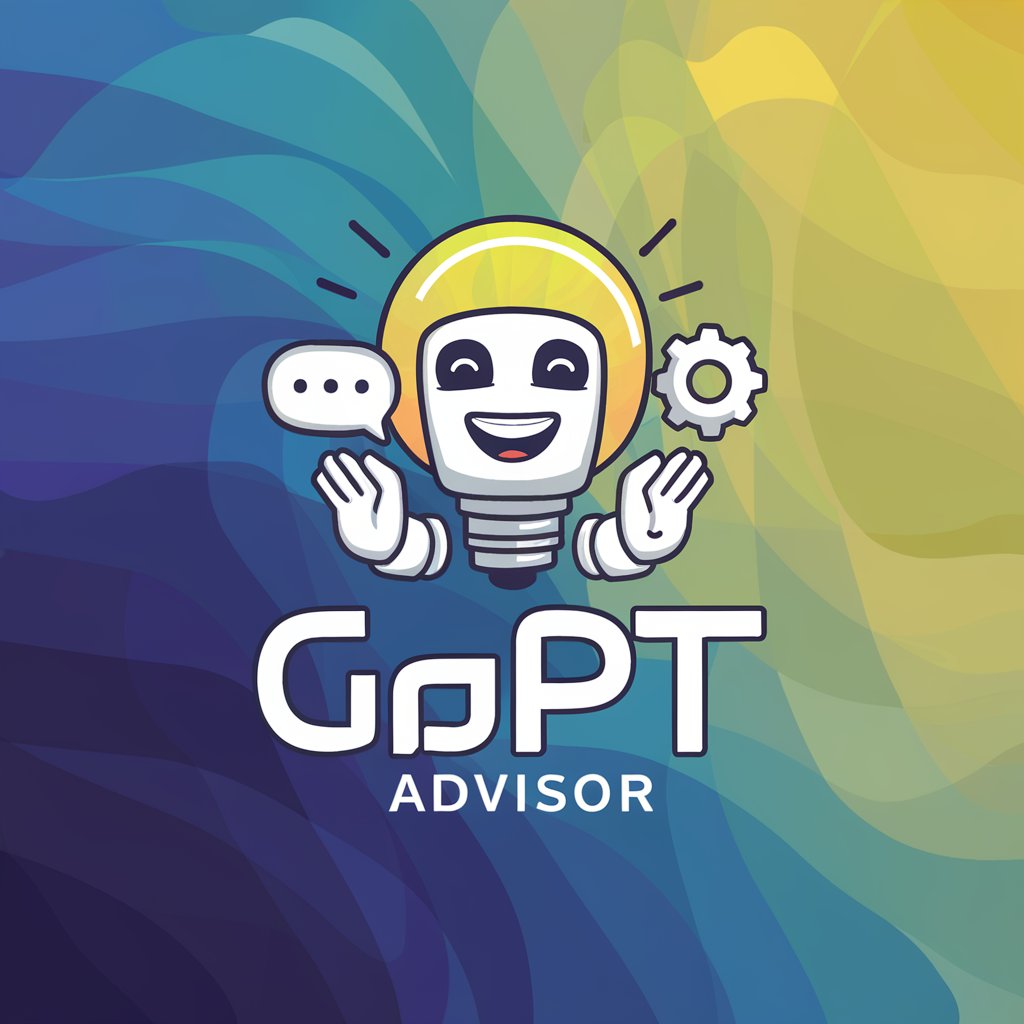
jon taffer
Revolutionizing Hospitality with AI

Gaffer: Lighting Assist
AI-Powered Cinematic Lighting Simplified
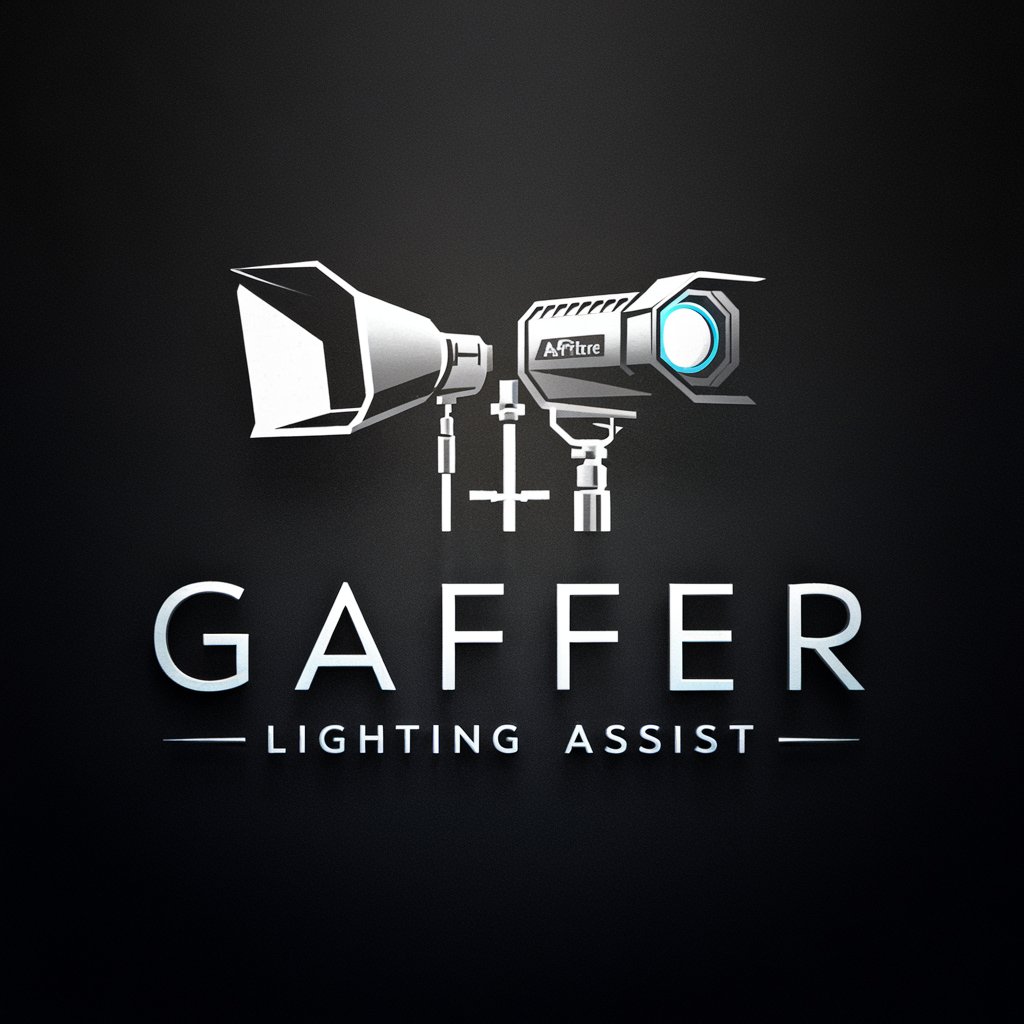
Frequently Asked Questions About Ethical Stress Tester
What is the primary purpose of the Ethical Stress Tester?
The Ethical Stress Tester is designed to help technologists, policymakers, and academics analyze and foresee the potential ethical impacts of technology products, considering multiple layers of consequences on different stakeholders.
How does Ethical Stress Tester differentiate between orders of effects?
It starts with first-order effects which are direct consequences of a technology's deployment. Second-order effects are the indirect outcomes that evolve from the first-order effects, while third-order effects explore long-term and often less obvious consequences.
Can Ethical Stress Tester help in policy making?
Absolutely. It is particularly useful in understanding the broader societal impacts of technology, aiding policymakers in crafting regulations that preemptively address potential negative externalities.
Is the Ethical Stress Tester suitable for academic research?
Yes, it's an excellent tool for academics studying the societal, behavioral, and ethical dimensions of technology. It facilitates a structured analysis of technological impacts that can be used in research and teaching.
What are the common use cases for the Ethical Stress Tester?
Common use cases include ethical audits of new technologies, impact assessments for AI systems, educational tools in technology ethics courses, and support in developing corporate social responsibility strategies.
